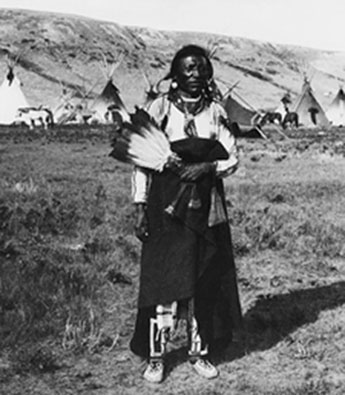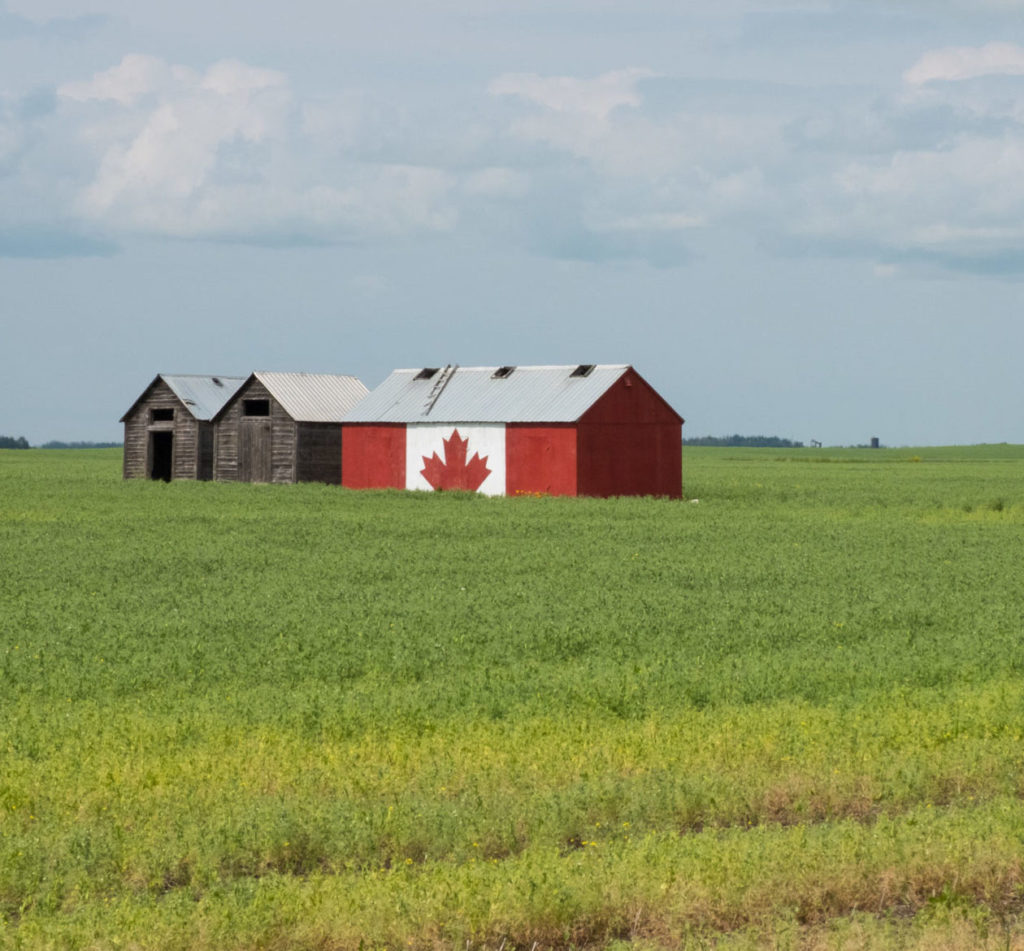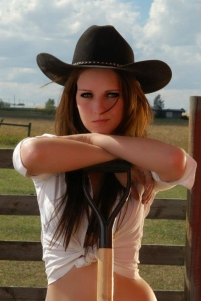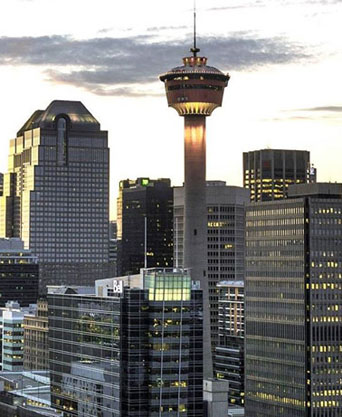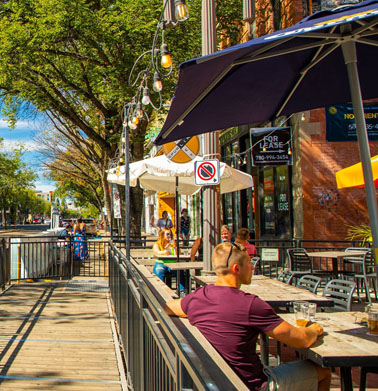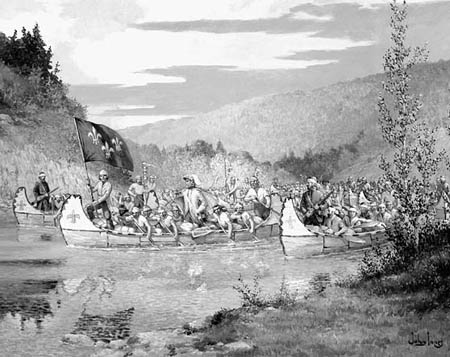Is Alberta stuck with a “quasi-party system” that only (united) conservatives can finally master?
May 31st, 2023 | By Counterweights Editors | Category: In BriefCOUNTERWEIGHTS EDITORS, GANATSEKWYAGON, ON. MAY 30, 31, 2023. If the question was will the May 29 election in the fourth-largest, oil-and-gas-rich Canadian province of Alberta be more like the May 14 election in Thailand (vaguely progressive, maybe), or the May 14 and 28 elections in Turkey (quite conservative), the clear answer is the still intriguing national residue of the old Ottoman Empire in Turkey.
In spite of much wondering and even difficulty since her election as party leader (and more than a few dodgy and dubious remarks) Danielle Smith’s United Conservative Party has, as of 2 PM, May 30, won 49 seats in an 87-member Legislative Assembly (for an initial majority of five), with an impressive enough almost 53% of the province-wide popular vote.
Not really like Turkish regime of Recep Tayyip Erdoğan
Rachel Notley’s New Democrats did better than in the last election in 2019. On the current 2023 counting the NDP has won 38 seats with 44% of the popular vote — a notable improvement over 24 seats with 33% of the vote in 2019.
But the Notley New Democrats did not — as almost seemed likely enough as recently as this past autumn — repeat their record-breaking electoral victory of 2015, when they won 52 seats and became the first non-conservative government of Alberta in 44 years! (Albeit to no small extent because in 2015 the conservative vote was split between Jim Prentice’s Progressive Conservatives and Brian Jean’s more right-wing Wildrose Party.)
There was some conservative reaction against the kind of more right-wing leadership Danielle Smith brought to the UCP bequeathed by former Stephen Harper cabinet minister Jason Kenney. The Notley NDP won a somewhat larger share of the popular vote yesterday in 2023 than it did in 2015, when it also won a majority government (44% 2023 vs not quite 41% in 2015).
Yet as Jason Markusoff ·has nicely put it : “Somewhere on Monday night, Kenney must have put his feet up and thought to himself: I’ve built a party so strong that not even Danielle Smith could screw it up.” Whatever else, the conservative result is of course not really altogether comparable with the Turkish regime of Recep Tayyip Erdoğan. (Though Erdoğan did win a comparable share of the popular vote in his May 28 run-off race — just over 52%.)
Not terrific but a smart enough woman (and again not really like Erdoğan)?
Premier Smith’s victory does have its limitations. As Don Braid has explained in the Calgary Herald : “Smith triumphs but with thin majority and severe big-city weakness … her majority is the thinnest in Alberta history — only five seats, barely enough for workable government. And one of those 49 MLAs has already been banished to sit as an Independent. Another must be the Speaker … in practice, Smith’s majority is only three seats … She has to know that the UCP is much weaker than it was in 2019, and severely challenged in the big cities.”
At the same time, of course Premier Smith of Alberta does not (yet?) have the kind of increasingly autocratic leadership style that has marked the now 20-year career of President Erdoğan of Turkey. Moreover, as Jason Markusoff has explained on the CBC News site : “The Danielle Smith that the NDP had depicted as extreme and erratic did not show up … during the election period … She’d turned her back on a lifetime of libertarian populism, of musings about health care user pay and doubt in science on climate change and public health … She largely jettisoned most of the ideas she’d campaigned on to win the UCP leadership and become premier seven months ago … Smith instead played a radio-friendly music mix of low taxes, safe streets, big spending — hello, Calgary Flames arena — and improved public health care.”
Alberta politics and Ontario politics
The 2023 election that has finally kept conservatives in power in Alberta is also a more impressive democratic political event than the 2022 election that kept conservatives in power in Canada’s most populous province of Ontario. To start with voter turnout in Alberta in 2023 has been, on a preliminary estimate, a respectable enough more than 62% — compared with the all-time record low turnout of only 44% in Ontario in 2022.
And then Danielle Smith’s United Conservative Party in 2023 won a majority of seats in the Legislative Assembly (49 out of 87) with a democratic majority of the province-wide popular vote (not quite 53%). Doug Ford’s “Ontario PC” party in 2022 won a majority of seats in the Legislative Assembly (83 out of 124) with somewhat less than 41% of the popular vote.
In Ontario in 2022 the democratic majority of the electorate voted for one or the other of the three progressive parties of the Greens, Liberals, and New Democrats, but the conservatives nonetheless won a majority of seats in the Assembly (which is what counts in the real world of parliamentary democracy, without proportional representation in any case).
Something similar, it could be said, happened in Alberta in 2015, when the democratic majority of the electorate voted for one or the other of the two conservative parties of the Progressive Conservatives and the Wildrose, but the progressives in the Alberta New Democratic Party nonetheless won a majority of seats in the Assembly.
Future of the progressive cause in Alberta
All this might make non-Albertans wonder about the future of Rachel Notley’s progressive New Democrats in Alberta over the next number of years. (She is apparently staying on as leader and that no doubt makes sense.)
One argument might underline that in 2023 the NDP has done increasingly well in both the province’s two big cities of (especially) Edmonton (the provincial capital, full of government bureaucrats etc), but also (and even surprisingly) Calgary (the financial capital of the Canadian prairie resource economy and a bit more —as in head office of the Canadian Pacific Railway that now goes into Mexico). From this standpoint, all the NDP arguably has to do is wait for the big cities to take over still more of the surrounding countryside.
On the other hand, somewhere in his recent tweeting Jason Markusoff has drawn attention to the “blue wall” of conservative majorities in the “rurban” areas immediately adjacent to the solid NDP orange of the more densely populated Edmonton city ridings.
He sees this as a great ongoing strength of the UCP. The New Democrats have not yet figured out how to reach the rurban areas in the wider metropolitan region (and are still only hanging on by small numbers of votes in some of their new Calgary ridings) — a problem equally facing Marit Stiles’s new New Democrats in Ontario.
Remembering C.B. Macpherson’s book about Alberta politics

In Alberta in particular, with its long history of a kind of dominant conservative populism, concerned New Democrats might also want to look at a once near-famous deep-thinkers’ book of 1953 (second edition 1962, reprinted 1968) by Canada’s mid 20th century progressive political theorist, C.B. Macpherson, Democracy in Alberta : Social Credit and the Party System.
The late Professor Macpherson argued that the Alberta provincial political culture which developed after the First World War (or even after Alberta became a province in 1905) was a “plebiscitarian democracy” with a “quasi-party system” particular to its somewhat unique economic circumstances.
All this would no doubt just confirm some of Premier Smith’s extreme and erratic possible continuing secret agenda of libertarian populism — in direct descent from those who used to see seditious communists in the woodwork everywhere.
Like the journalists at the old Toronto Telegram and then the Sun, who wrote about C.B. Macpherson this way, even though he made more money and lived in a somewhat upscale Toronto neighbourhood, near Upper Canada College.
Final note
Very finally, it was at least impressive in a way that some extreme right-wing politicians are not when, as Mr. Markusoff has once again explained, “‘My oath is to serve all Albertans, no matter how you voted,’ Smith said in her victory speech.”
And in an earlier draft of the same piece, it seems : “Smith promised to govern for all Albertans, praised NDP Leader Rachel Notley’s dedication (to some boos from the crowd), and warned again that she’s up for battles with Ottawa over phasing out natural gas for electricity.”
